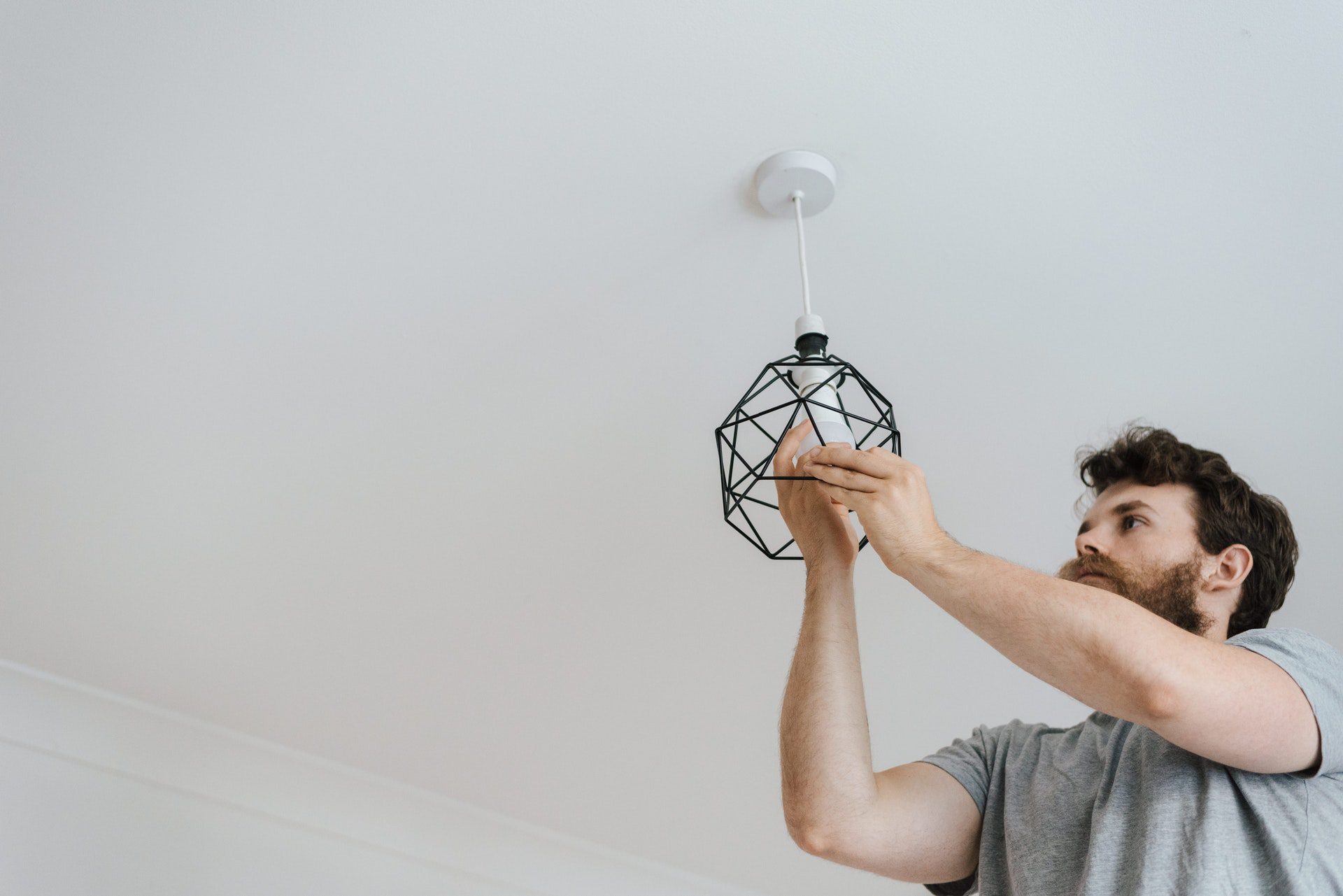You’ve probably heard the saying, “An ounce of prevention is worth a pound of cure.” That saying couldn’t be truer for your home electrical inspections. Electrical inspections for your home are crucial to prevent dangerous events that could put you or your family in harm’s way. Here’s how to make sure your home is up to code and set to pass an electrical inspection with flying colors!
What is a home electrical inspection?
In a home electrical inspection, a professional will inspect your entire home’s electrical system following the procedures outlined in the National Electrical Code (NEC). In a home inspection, the electrician will check:
- Wires
- Outlets
- Circuits
- Electric Meter
- Service Panel
If any one of these areas “fails” the inspection, it does not meet the NEC standards.
Tips to Ensure You Pass Your Home’s Electrical Inspection
Watch your wires. Exposed or outdated wiring is a sure way to fail your home’s electrical inspection. Be sure to check any wires you have access to before your home’s inspection to see if there is any noticeable damage. Then, have these wires replaced before the inspection. Additionally, make sure wires are not overcrowded or jumbled in one place. Outdated wiring attached to new fixtures is also something to look out for.
Check your electric panel.
Any visible signs of damage or decay are a clear giveaway that your electrical panel may not be in top shape. Is there corrosion? Water damage? Look for any visible signs that the panel could be compromised.
Inspect the kitchen.
It’s the one area of your home often filled with large appliances, but your kitchen is also vital in a home electrical inspection. Every major appliance should be on its own circuit and not share an outlet.
Are your alarms set?
Missing or broken fire and carbon monoxide alarms can lead to a failed electrical inspection. Ensure your alarms are in working condition before your inspection.
Clear the path.
Make sure it is straightforward for the inspector to reach each part of your home. Notably, ensure a clear path to the electric panel and attic.
Don’t DIY.
Even if you consider yourself a savvy DIY-er, you should use a licensed electrician for new electrical work projects. Incorrectly installing electrical hardware is dangerous, and a sure way to create many problems in your home.
Is your home up to standard? Or are you needing expert help with some of your home’s new electrical renovations? Don’t take the risk of handling electrical hardware by yourself. The professionals at SPS Electric are here to guide you in all your electrical needs. Keep your home safe by contacting SPS Electric today for a free estimate!



